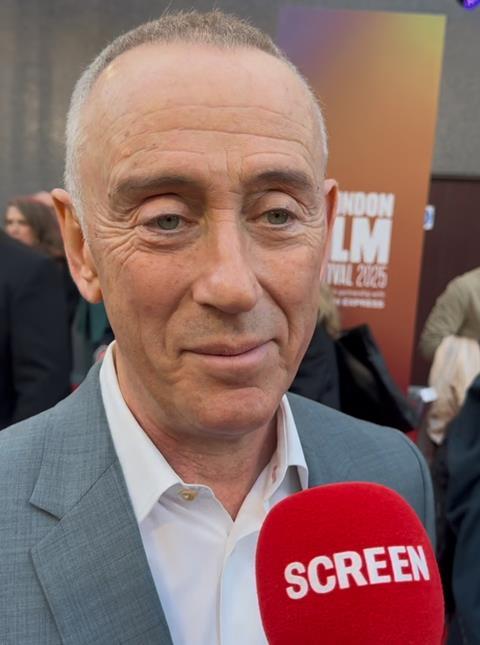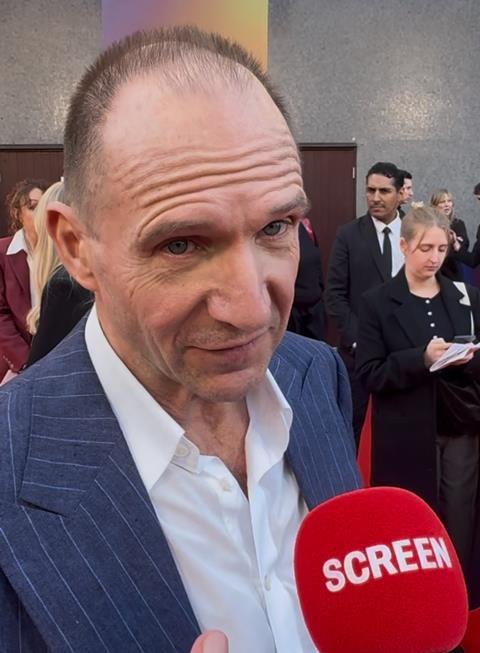
The Choral director Nicholas Hytner said the onus to support the UK’s working-class talent should be on the education system and not the film and TV industry.
“What really enrages me is the outsourcing of that responsibility from the education system onto the theatre and film industry,” the director told Screen at the UK premiere of First World War drama The Choral at the BFI London Film Festival on October 12.
Discussing the de-emphasising of arts subjects in UK state schools back in 2010 when the former Conservative government was in power, Hytner continued: “We warned at the time that if that happened, music, drama and art education would retreat into the private spaces, that the profession would become less open to those who go through the state school system.
”It’s exactly what happened.”
The Choral was filmed in Yorkshire, where the story is set, with Hytner employing many young working-class actors from the surrounding areas – some of whom had never acted in a film before.
“There’s really a limit to what everybody else can do in the movies,” the director continued on making the industry more accessible. “At the moment, it’s Tim Bevan and Eric Fellner at Working Title single-handedly doing it themselves [via their London Screen Academy].
“However ambitious we are within the industry, there’s a ceiling to what we can do if the entire apparatus of the state education system is trying to bring it down.”
The government launched a curriculum and assessment review in July 2024, with the report expected to be released later this year. “If arts aren’t reinstated back into the curriculum, things will just continue as they are,” Hytner added.
More cashflow calls
The Choral stars Ralph Fiennes as a conductor who is brought to run a local choir in Yorkshire during World War One. It was one of the first productions to make use of the new independent film tax credit (IFTC), introduced last year.
“It was absolutely instrumental in getting the film made,” said producer Kevin Loader of Free Range Films. “But it hadn’t received Royal Assent at the time we made the film. So, it was getting it cashflowed that was a little tricky. The banks wouldn’t cashflow, so it was hard to manage.”
Loader said he “wholeheartedly supports” the idea of the government cash-flowing the IFTC, which was a key talking point for producers at last month’s Screen Summit.
“What we’d like to use it for is to stabilise the producers’ businesses to keep making films,” Loader continued. “But also just, quite simply, putting more money on screen, and not into the hands of banks and people who finance the cash credit.”
Elsewhere, Fiennes discussed his preparation process for portraying a choral conductor.

“You can’t just become a choral master just like that, so I had to break down the precise moments I was conducting with a wonderful teacher who is also a conductor – Nat Murray Beale,” Fiennes explained.
Beale also taught Cate Blanchett when she was preparing for her role in Todd Field’s Tar.
“She was there on set, in my eyeline, so that I could follow her hand,” the actor continued. “But it was really hard. I have infinite respect for the gifts of conductors.”
Sony is releasing The Choral in UK and Ireland cinemas on November 7.

























No comments yet